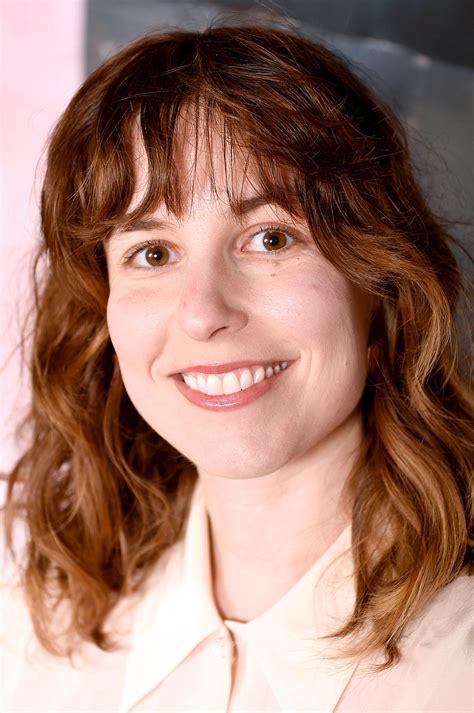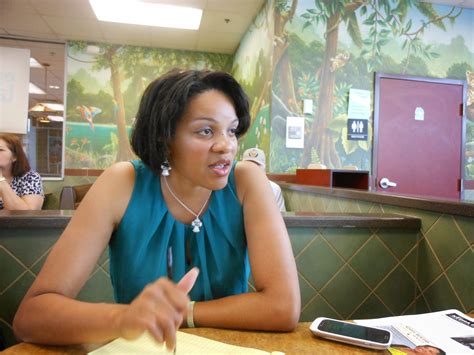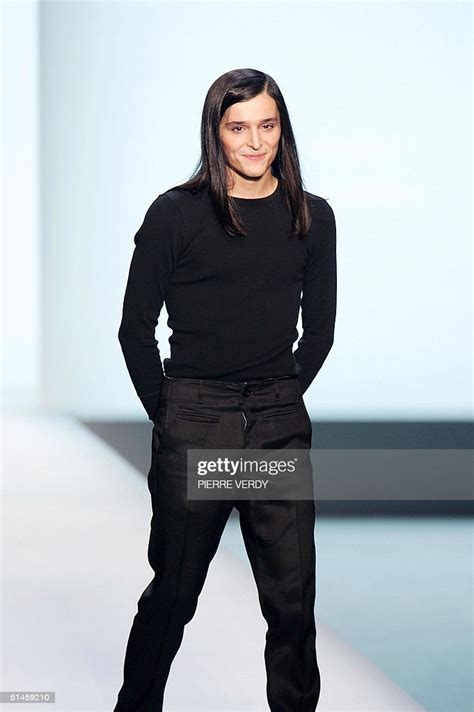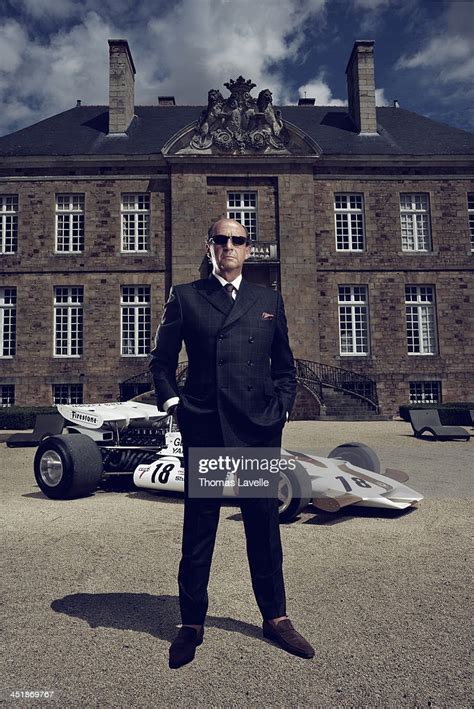A Quote by Andrew Wiles
Then when I reached college, I realized that many people had thought about the problem during the 18th and 19th centuries and so I studied those methods.
Related Quotes
Growing up and applying to college, I just imagined that I would study acting. But then, once I went to college, I realized I was more interested in all the aspects of filmmaking as opposed to all the aspects of theater, which is what you would have to do if you studied acting at a liberal arts school. And so I thought, "Oh, I'll meet directors and filmmakers, and I'm an actress, so I'll become friends with them and hopefully be in their movies." And then It worked!
Until then I had thought each book spoke of the things, human or divine, that lie outside books. Now I realized that not infrequently books speak of books: it is as if they spoke among themselves. In the light of this reflection, the library seemed all the more disturbing to me. It was then the place of a long, centuries-old murmuring, an imperceptible dialogue between one parchment and another, a living thing, a receptacle of powers not to be ruled by a human mind, a treausre of secrets emanated by many minds, surviving the death of those who had produced them or had been their conveyors.
I studied English Literature. I wasn’t a very good student, but one thing I did get from it, while I was making films at the same time with the college film society, was that I started thinking about the narrative freedoms that authors had enjoyed for centuries and it seemed to me that filmmakers should enjoy those freedoms as well.
What came out of that was an intense obsession with status anxiety. So much of these portraits are about fashioning oneself into the image of perfection that ruled the day in the 18th and 19th centuries. It's an antiquated language, but I think we've inherited that language and have forwarded it to its most useful points in the 21st century.
After graduating college in 2001 with a B. A. in Political Science and Speech Communications from Texas State University - San Marcos, I realized that my generation and those younger had been given no future and had been maliciously robbed of the knowledge of principles and methods necessary for building one.
I try to find a style that matches the book. In the Baroque Cycle, I got infected with the prose style of the late 17th and early 18th centuries, which is my favorite era. It's recent enough that it is easy to read - easier than Elizabethan English - but it's pre-Victorian and so doesn't have the pomposity that is often a problem with 19th-century English prose. It is earthy and direct and frequently hilarious.
The myth that theater isn't for everybody is total nonsense. In the 18th and 19th centuries, everybody in America used to go to the theater all the time. The shows they went to see were big, crazy melodramas that had careening storylines and houses burning down and pretty girls in danger and comedy and death and destruction.
The vast majority of those of Scots lineage living in the Ulster counties in the 18th century had come across, or their people had come across, in the 1690s. And they were victims of famine. Over that decade, 30000-50000 people were fleeing from that disaster. In terms of per capita loss, it was of the same order of magnitude as the Irish famine (of the 19th century).
I was trained to become an economist and I finished my work and I was teaching and did my PhD so I thought I did that. I prepared myself for that kind of road. But then I realized that I had not learned enough to solve the problem of poverty. So I distanced myself from the things that I learned and tried to learn anew about people.
The word crap is actually another word that's very, very old. It was taken over from 17th century England by the pilgrim fathers and Americans were talking about things being crap in the 17th and 18th centuries. What Sir Thomas Crapper – complete coincidence – does is not invent the flushing toilet, as many, many people believe, but was a great promoter for it. He ran a business marketing other people's products and that's why his name was on them. When the American soldiers came over in the First World War, they all thought it was hilarious that it said 'crapper' on them.






































